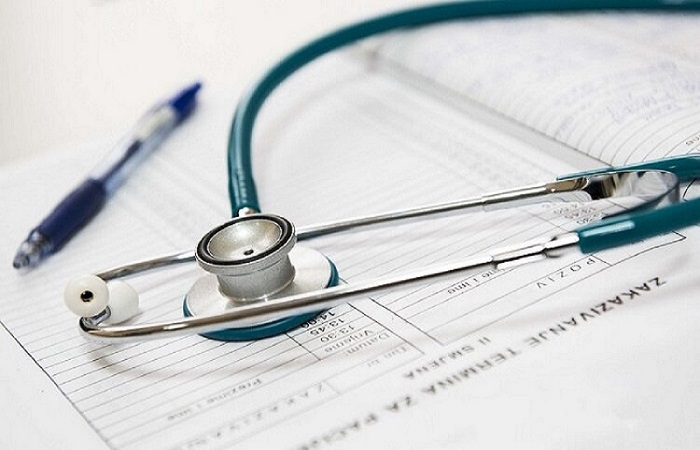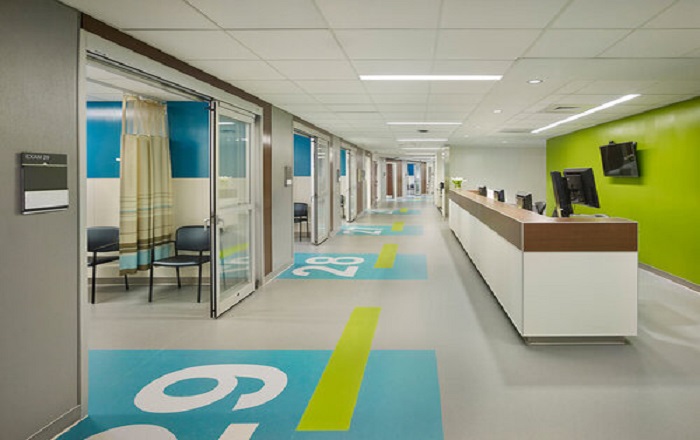Picture this, a dimly lit emergency room, where a medical team struggles to resuscitate a patient in critical condition. The urgency in the air is palpable. The lack of essential medical equipment makes the task insurmountable. Life slips away from the patient. Another preventable death statistic.
This heartbreaking scenario, unfortunately, is not an isolated incident in Nigeria. Preventable deaths due to the scarcity of vital medical equipment continues to cast shadows over the nation’s healthcare landscape. It is a stark reminder of the urgent need for private sector investment to bridge this equipment gap and usher in an era where every life is safeguarded against the ravages of inadequate healthcare infrastructure.
The Necessity for Investment in Medical Equipment.
The heartbeat of a robust healthcare system lies in its capacity to deliver timely and effective medical interventions. Health equipment stands as the linchpin, a force that empowers healthcare professionals to make split-second decisions that can mean the difference between life and death. From diagnostic tools to life-saving devices, the role of health equipment in hospitals is irreplaceable.
The acquisition of modern health equipment is not a mere upgrade; it is an investment in precision, accuracy, and, most importantly, patient outcomes. Consider a scenario where a well-equipped hospital has access to advanced imaging technology. In this environment, diseases can be detected in their early stages, treatment plans can be tailored with surgical precision, and patients can embark on a journey to recovery with confidence. In the absence of such equipment, diagnostic ambiguities persist, treatments become generalized, and the margin for medical error widens. It’s a reality that transcends statistics, touching the lives of individuals and families who find themselves ensnared in the web of inadequate healthcare infrastructure.
Capital Investment for Medical Equipment.
The call for private sector investment in healthcare echoes far beyond altruism; it is a pragmatic imperative rooted in the fundamental principles of societal well-being and economic foresight. The health equipment market has experienced remarkable growth. According to the Fortune Business Insights, the global medical devices market size was valued at $512.29 billion in 2022 & is projected to grow from $536.12 billion in 2023 to $799.67 billion by 2030. Nigeria’s medical device market will grow at a 2022-2027 CAGR of 11.1% in local currency terms and 9.2% in US dollar terms, which should see it rise to NGN153.4bn (USD310.7mn) by 2027 according to a research by Fitch Solutions. Capital Investment in healthcare is necessary for:
1. Bridging the Equipment Gap: Hospitals across Nigeria grapple with an acute shortage of critical medical equipment. Private sector investment is the bridge that spans this gap, ensuring that healthcare facilities are equipped to meet the diverse needs of their patients.
2. Encouraging Technological Advancement: The healthcare sector is in the midst of a technological revolution. From state-of-the-art surgical robots to AI-driven diagnostic tools, the possibilities are limitless. Private investment fuels the adoption of these technologies, propelling the nation’s healthcare capabilities into the future.
3. Strengthening Healthcare Infrastructure: Robust healthcare infrastructure is the backbone of a thriving society. Private sector investment in medical equipment contributes to the establishment of modern, efficient, and resilient healthcare systems that can withstand the challenges of the present and the uncertainties of the future.
Benefits to Investors: An Alliance for Mutual Prosperity.
Investing in healthcare is not just a philanthropic gesture but an alliance that yields substantial benefits for investors. It is a symbiotic relationship where financial gains align with societal impact and where returns extend beyond profit margins.
1. Diversification and Stability: The healthcare sector, known for its defensive characteristics, provides investors with a stable and diversified portfolio addition. It is a counterbalance to market volatility, offering stability even in the face of economic uncertainties.
2. Long-Term Returns: The longevity of returns in the healthcare sector is noteworthy. As the nation advances, the demand for quality healthcare services grows, ensuring a sustained market for medical equipment.
3. Corporate Reputation and Social Responsibility: Private sector investors play a pivotal role in shaping corporate reputations. By contributing to healthcare infrastructure, investors fulfill their corporate social responsibility (CSR). Thereby cultivating a positive image that resonates with socially conscious consumers and stakeholders.
4. Alignment with Global Trends: Globally, investments in healthcare are on the rise. Investors aligning with this trend position themselves at the forefront of a sector poised for continuous growth and innovation.
Practice Partnership.
Sariva’s Practice Partnership is an initiative that connects willing investors to hospitals in need of capital investments.
Practice Partnership by Sariva Healthcare ushers in a new era of collaboration. By prioritizing flexibility, shared vision, and efficiency, Practice Partnership addresses the unique challenges faced by hospitals. This innovative financing solution not only provides the necessary capital but also cultivates strategic alliances between hospitals and investors. Thus propelling the healthcare industry toward unprecedented progress.
Practice Partnership leverages the power of collaboration. Giving hospitals the opportunity to embrace a financing model that not only meets their needs but also propels them towards a future of enhanced patient care and medical excellence. Join the Practice Partnership community today and be a part of the investors reshaping the future of healthcare finance. Begin your journey to a healthier Nigeria here.
Conclusion
The tale of preventable deaths in under-equipped hospitals serves as a reminder of the need for private sector investment. This is an invitation to investors to step onto the stage of societal change and economic foresight. In healthcare, every investment in medical equipment furthers the vision where health transcends socioeconomic divides. Where the nation’s well-being is safeguarded, and where preventable tragedies become relics of the past. The need for private sector investment in healthcare in Nigeria is not a mere suggestion. It is imperative to growth and progress. It is time to channel capital into a future where health is not a privilege but an unassailable right.



